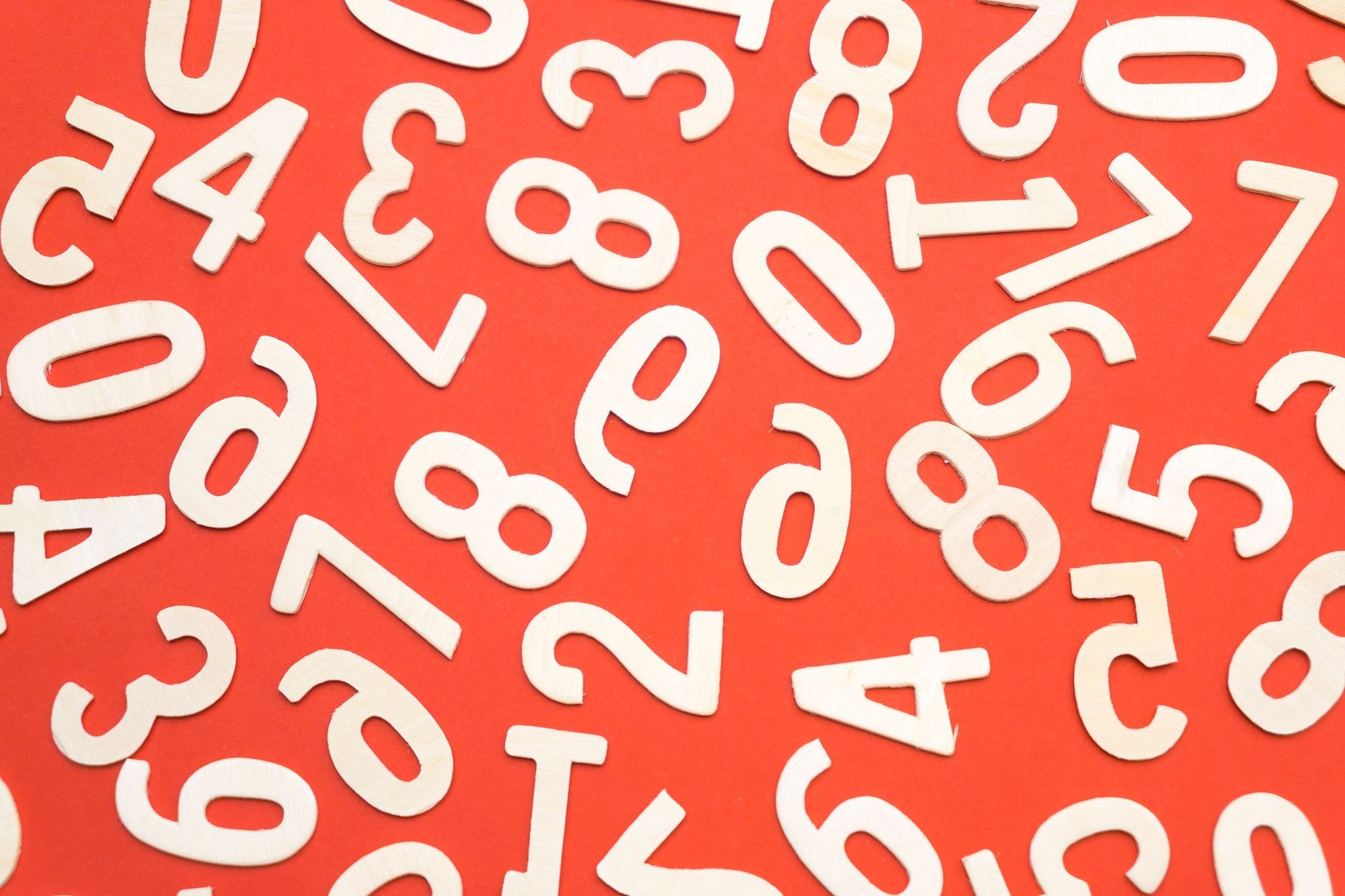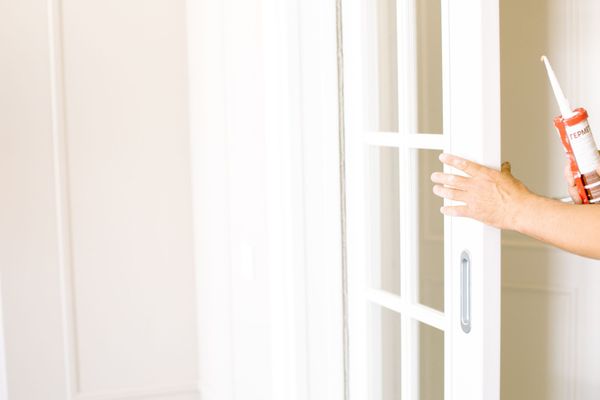Since 2006, homeowners have depended on Zillow’s Zestimates to help gauge the value of their home. But how accurate is a Zestimate? Can it be relied upon as a trustworthy proxy for true home value? If you're considering selling your property, should you use the Zestimate to determine the asking price of your home?
What is Zillow Zestimate?
Zillow is the most popular real estate app and one of the best websites for homebuyers. The Zestimate valuation model is Zillow’s estimate of property values based on their proprietary data and technology. Zillow’s algorithm is designed to predict your home's value based on nearby comparable sales, combined with things like square footage, number of baths, year of construction, school ratings in your area, etc.
This estimate is provided for virtually every for sale listing on the site and also for homes that are not currently for sale. It’s become a popular tool for homeowners who are considering selling but want to see how much they could expect from the sale. They can also look up comparable homes for a better idea of what their house might be worth.
How Accurate is Zillow Zestimate?
In short, it's not 100% accurate and does have a significant "margin of error" of up 12% in some situations and markets - particularly with off market properties that are not listed for sale. Zestimates tend to be more accurate for listed homes that are active/for sale.
Zillow itself makes some disclaimers so that consumers don't rely upon it heavily:
“It is not an appraisal and it should be used as a starting point. We encourage buyers, sellers and homeowners to supplement the Zestimate with other research such as visiting the home, getting a professional appraisal of the home, or requesting a comparative market analysis (CMA) from a Realtor.”
The Problem with Zestimates: Zillow Doesn't Know if You Upgraded Your Kitchen
One of the major shortcomings in terms of Zestimate accuracy is that there's obviously no way a computer would be able to know if you installed new flooring, renovated your master bath or installed a new roof. Because of this, Zestimates can be significantly lower than a homeowner might have expected.
Conversely, Zillow is also unaware of structural, cosmetic or mechanical issues that could lead to a home value decrease.
There are always nuances of each property the either add value or detract from its value. Zillow's algorithm is smart but it does not know if you have a massively steep driveway, live in a neighborhood that just raised HOA dues by 200% or if your basement flooded last year.
It’s important to understand just how inaccurate their Zestimates can be. When The Wall Street Journal analyzed the accuracy of Zestimates, they found mixed results. Sometimes, they were within a few percentage points of what the buyer eventually paid, but the article concluded that, “…when Zillow is bad, it can be terrible.” How terrible?
As of late 2023, the median error rate was 7.49%. For a $600,000 property, this would be about $45,000.
How is the Zestimate Calculated?
The Zestimate incorporates public and user-submitted data, taking into account home facts, location and market conditions. Zillow's algorithm also looks at # of days on market within the zip code and surrounding area - in other words, how long is it taking for a property to sell. This becomes a predictor for the Zestimate forecasted value of a property.
Zestimates leverage machine learning and AI to draw conclusions based on real-time data, which includes sale prices for similar homes in the area and even actual photographs of the house. On market properties that are already listed typically have a more accurate Zestimate because it is influenced by the listing price prepared by the agent - a human.
One of the most important things a Realtor will do is leverage their experience to determine how cosmetic upgrades or major renovations can impact your home value.
Zestimate vs Comparative Market Analysis
Real estate agents typically prepare a comparative market analysis, which can be extremely helpful in reviewing what similar homes have recently sold for in your area. The agent will also look at any houses that were withdrawn or listings that expired, as well. This will help them better understand what current homebuyers are willing to pay and where other sellers fell short.
A comparative market analysis (CMA) is a valuable report because it not only presents the proposed listing price but also a price per square foot evaluation and days on market (DOM) projection. Some veteran Realtors can even provide a more exhaustive report, a broker price opinion, which is one step short of a full appraisal.
Should You Trust the Zillow Zestimate?
Should you avoid using a Zillow Zestimate when determining the value of your home? No, definitely not. It’s a single data point that you should consider but not the definitive home valuation you should hang your hat on. Market trends can change fast based on interest rates and inventory of available homes in your area. The housing market can be strong in one part of a city, but may be struggling in another part of the city.
When you become serious about moving forward with selling your home, it is highly recommended to get a home valuation from a local agent. You can’t price your home to sell until you have an accurate valuation, and that’s something only an experienced real estate agent can provide, who has experience with your local housing market.






